The FCA recently introduced Consumer Duty regulation, which aims to ensure customers receive communications from financial services firms that they understand. How can firms become more compliant with it?
A company with a key interest in Consumer Duty is RegTech firm Aveni, who recently promised to help financial services firms meet the regulation with the development of its Aveni Detect product.
The Aveni Detect platform – developed as a ‘machine line of defence ‘ – analyses all customer interactions and mitigates against a range of risks from conduct and complaints to customer vulnerability.
Joseph Twigg – CEO at Aveni – said, “Positive customer outcomes are at the heart of the FCA’s Consumer Duty regulation and this presents a huge test to companies who position themselves as customer-first: now they really need to prove it.
“This level of measurement beyond purely operating profits, growth and margins will put some businesses outside of their comfort zone, but it must be taken really seriously. Consumer Duty is a game-changer and needs to be viewed as such. It requires investment in technology, in processes and in people.”
Twigg stated that in order to deliver good customer outcomes, the FCA makes it clear that demonstratable data results are the only way it will accept the proof that the levels of compliance required are being achieved.
“The onus is on the financial services businesses – no matter how big or wall – to demonstrate that they are offering the optimum quality and risk assurances.
“Their ability to deliver, demonstrate and prove truly positive customer outcomes is being called out and a failure to comply could have serious consequences – financially and even legally.”
A recent study by Moneyhub found that over a third of companies have limited knowledge of the new legislation, with many turning to technology and data to solve their issues. This offers a sea of opportunities for companies who are able to provide the technology for this and those looking to help promote better practices.
Twigg continued, “Consumer Duty does bring the opportunity to enhance and promote good business management and ultimately deliver positive bottom-line impacts for firms.
“This investment in the right type of technology and resource has to be viewed beyond a compliance cost, but it is important that the technology goes far enough and has the capabilities required to drive those bottom-line savings whilst meeting regulatory needs.”
The Aveni CEO explained that the importance of data analysis must be high on the technical requirement list and the advancements in AI and NLP present ‘exciting capabilities’ to monitor communications, test consumer understanding, assess for vulnerabilities and ensure the right evidence is in place for the regulator.
“With the right process in place this technology is embedded to ensure that good outcomes are being delivered, time and time again, throughout the customer lifetime,” Twigg mentioned.
What must companies be thinking about when it comes to key areas where speech-based software can boost data collection and analysis? The first key area for Twigg is consumer understanding.
“The ability to measure the efforts made by agents to aid consumer understanding of products and services e.g. coverage of key information, confirmation of understanding and the agent inviting questions from the customer. Also, the ability to test different messaging and channels to see which is the most effective in aiding customer understanding.”
Another area highlighted is price and value. In this sense, this would be how companies measure customer sentiment towards the price and value of a product throughout the customer lifecycle to gauge eligibility and affordability.
The last two areas surround consumer support and product and service. In the first part, it is key for firms to measure accessibility, sentiment to and the quality of consumer support and to better understand causes of complaints and expressions of dissatisfaction to drive improvements in customer service, agent training and product development.
For the second – in product and service – Twigg highlights the need to consider how firms can use customer feedback and sentiment to improve product and service development.
Spirit of regulation
In the opinion of Eugiene Casier – GRC director at Clausematch – the biggest possible win could be achieved by putting the spirit of regulation front of mind. “When implementing the Consumer Duty is done with truly good customer outcomes at the core, it is likely to be ticking the boxes,” said Casier.
“What is new with the Consumer Duty, is that firms will now need to ensure they understand whether those outcomes are met and evidence that much. If companies build and iterate their products with that in mind, they are likely to be customer-centric and achieve greater success, simply because they have a better product.”
Casier continued, “Another way of thinking about it could be, if the offering fails to bring positive outcomes for the customer in the market, it is likely to be a transactional relationship. If you can address a customer’s needs correctly at just the right time, you may well be rewarded with a returning customer in a financially greater position than before and thus generating recurring revenue.”
Casier explained that from a marketing perspective, there is an ‘element of efficiency in the outcomes’ with the Consumer Duty regulation. “If your marketing is not misleading and targeting a suitable customer, you may impact your customer acquisition cost positively.”
Hugo Veazey – financial crime compliance lead at Moody’s Analytics – added that there are four key areas that organisations need to familarise themselves with to ensure compliance with the regulation.
These were the areas of consumer understanding, products and services, consumer support and price and value.

